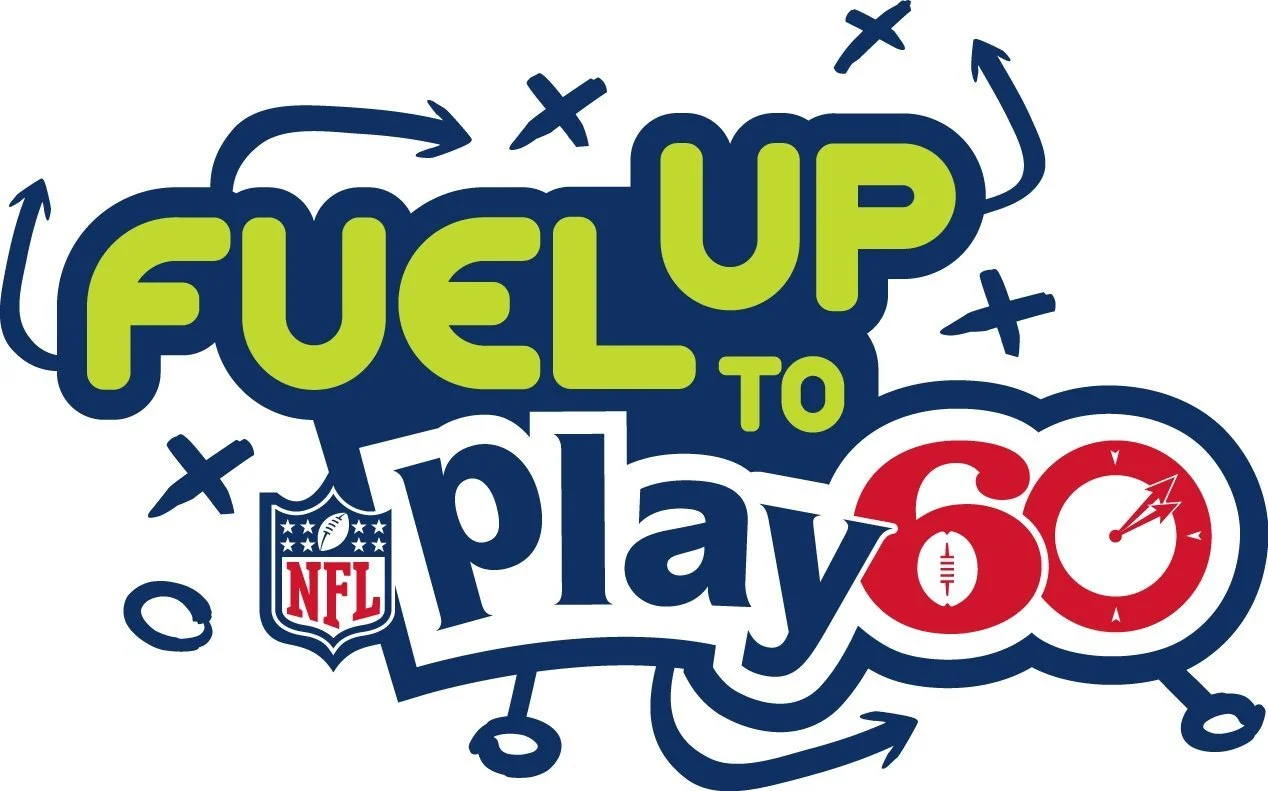Fuel Up to Play 60
As a pediatrician, I consider childhood obesity one of the most important issues I address each day. Charlotte, like the rest of the nation, faces a childhood obesity epidemic. North Carolina ranks an alarming 11th in the U.S. for childhood obesity. The numbers are striking, and with these statistics come increasing numbers of children diagnosed with high blood pressure, high cholesterol, and type 2 diabetes. Not only do obese children have increased long-term health consequences, but these children suffer daily from bullying and poor self-esteem.
Obese children miss more days of school, which leads to poor grades and therefore poor outcomes. The good news is there are programs that can make a difference. I have recently become involved in Fuel Up to Play 60, an in-school nutrition and physical activity program. Launched by the National Dairy Council and the National Football League, Fuel Up to Play 60 empowers students to make positive changes in their schools by improving opportunities to consume nutrient-rich foods and get at least 60 minutes of physical activity every day. However, these students cannot do it alone. They depend on the support of the community around them – me, you, all of us – to help ensure their success.
There are many reasons why pediatricians should be involved in programs such as Fuel Up To Play 60 – or “FUTP60.” Health and wellness professionals are essential in helping raise awareness of the seriousness of the childhood obesity crisis. As pediatricians, we are here for children at annual visits and on an “as needed” basis. We are lucky if we get more than one or two hours of total time spent with a teenager in a year. Direct involvement with programs such as Fuel Up To Play 60 gives us a chance to be more connected to our patient population. Additionally, we can bring our professional knowledge and recommendations outside the walls of our clinic, and promote them in an environment that is more familiar, and perhaps less threatening. As pediatricians, our successes are more commonly at the level of the individual patient. And while advocacy can occur at any level, it is critical that physicians also seek involvement in large-scale community efforts. I support the Fuel Up To Play 60 program because its goals are consistent with what I am telling patients in my office and with the official recommendations of the American Academy of Pediatrics: to eat a healthy diet and get 60 minutes of physical activity each day.
It is our professional responsibility to serve as child advocates, both inside and outside the hospital. I feel incredibly fortunate to have this opportunity to be an advocate at such an early point in my career, and I am grateful to the physicians, CMS representatives, and all of those at the Fuel Up To Play 60 program who have created such an important and powerful connection to the community.
*** Guest post by Dr. Suzanne Lewis, M.D. Suzanne Lewis is a pediatric resident at Carolinas Medical Center / Levine Children’s Hospital. She attended medical school at the Medical University of South Carolina in Charleston. As an undergraduate, she attended the University of North Carolina, where she earned a bachelor’s degree in Sociology. As part of her residency, Dr. Lewis works with the school health team at a local Charlotte middle school to help increase awareness about the importance of healthy eating habits and physical activity. Outside of work, she enjoys cooking and walking the Greenway with her friends.

